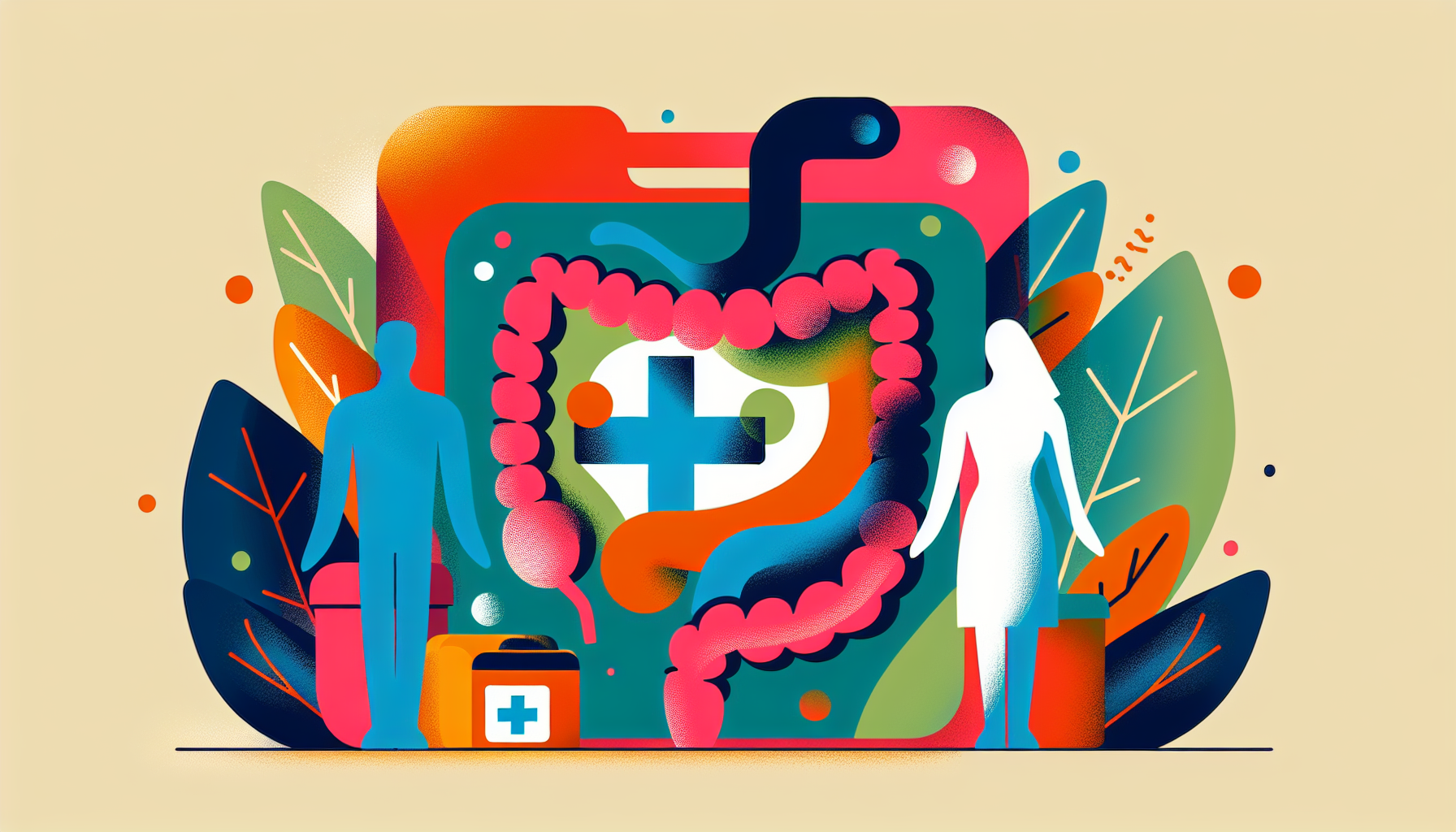Irritable bowel syndrome with diarrhea (IBS-D) is a common digestive disorder that affects millions of people worldwide. If you have IBS-D, you may experience frequent bowel movements, loose stools, sudden urges to use the bathroom, and abdominal pain. While there is no cure for IBS-D, several treatment options can help manage symptoms and improve your quality of life.
What Causes IBS-D?
The exact cause of IBS-D is unknown, but several factors may contribute to its development, including:
Genetics: Having a family member with IBS increases your risk of developing the condition.
Sensitive colon: People with IBS may have a more sensitive colon that reacts strongly to stress, bacteria, and certain foods.
Brain-gut interaction: An overactive response from the brain to signals that control the colon may lead to intestinal squeezing and rapid food movement.
Women and adults under 50 are more likely to develop IBS-D than other groups.
Diagnosing IBS-D
There is no specific test for IBS-D. Instead, your doctor will review your health history and symptoms. If you've experienced abdominal pain and other IBS symptoms for at least three months, you may be diagnosed with IBS-D. In some cases, your doctor may recommend additional tests, such as a blood test for celiac disease or a colonoscopy to rule out other conditions.
Treating IBS-D
Managing IBS-D often requires a combination of strategies, including:
Diet Changes
While foods and beverages don't cause IBS-D, some may trigger or worsen symptoms. Avoiding alcohol, caffeine, carbonated drinks, chocolate, sorbitol, fried food, and milk products may help reduce diarrhea. A low FODMAP diet, which limits hard-to-digest carbohydrates, may also be beneficial. Experiment with different whole grains, beans, fruits, and vegetables to identify which ones agree with your gut. Stay hydrated by drinking at least six to eight glasses of water a day.
Stress Relief
Stress, anxiety, and depression can exacerbate IBS-D symptoms. Engage in stress-reducing activities like exercise, massage, yoga, hypnotherapy, and talk therapy to help manage your mood and improve bowel function.
Over-the-Counter Medications
Anti-diarrheal medications like loperamide (Imodium) can help control diarrhea, while peppermint oil supplements may reduce cramping. Some experts believe probiotics, available as supplements or in foods like pickles and sauerkraut, can help relieve IBS symptoms.
Prescription Medications
Your doctor may prescribe medications to help manage IBS-D symptoms, such as:
Anticholinergics: Dicyclomine (Bentyl) and hyoscyamine (Levsin) slow bowel contractions that lead to diarrhea.
Antidepressants: Low doses of antidepressants may block pain signals to the brain and help with depression or anxiety.
Anti-anxiety drugs: Clonazepam (Klonopin), diazepam (Valium), and lorazepam (Ativan) can calm you down if anxiety triggers your symptoms.
Alosetron hydrochloride (Lotronex): Specifically for women with IBS who have not found success with other treatments, this medication can relieve stomach pain and diarrhea but has potentially serious side effects.
Eluxadoline (Viberzi): This Schedule IV controlled substance may help reduce bowel contractions, belly cramps, and diarrhea.
Rifaximin (Xifaxan): This antibiotic can decrease bacterial overgrowth and diarrhea when taken for 2 weeks at a time, with the option to repeat treatment up to two times if symptoms return.
Remember to work closely with your doctor to find the most effective treatment plan for your IBS-D. With the right combination of strategies and support, you can manage your symptoms and improve your quality of life.
For more information on IBS-D and its management, visit:



